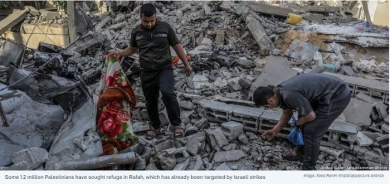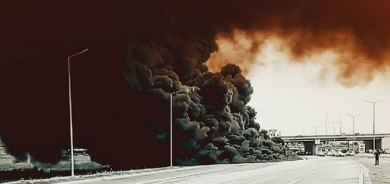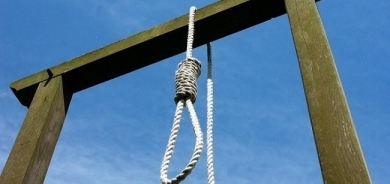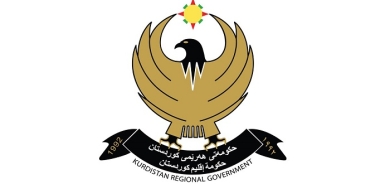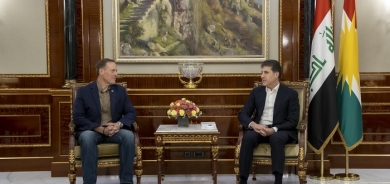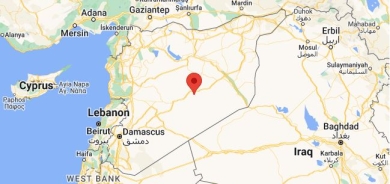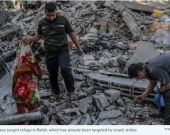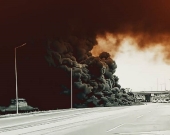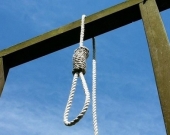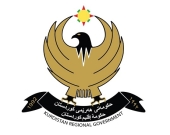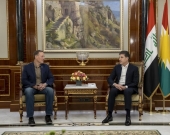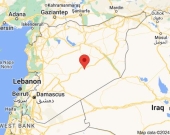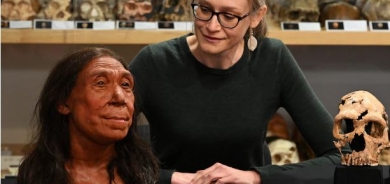U.N. Chief Warns Syria on Weapons, Raises Refugee Alarm
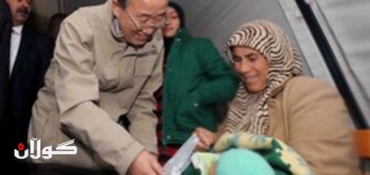
Mr. Ban's comments came as he visited Turkey on Friday for talks on Syria, amid Turkey's calls for help from the international community in managing its refugee crisis and providing safety along Turkey's 565-mile border with Syria.
"First and foremost, the violence must stop," Mr. Ban told reporters in a Turkish refugee camp for Syrians in the Turkish border town of Islahiye.
Mr. Ban visited with some of the camp's 8,500 refugees, reporting he had been shocked by stories he had heard of their flight from war.
"[A military approach] only fills the streets with more blood, it only fills camps like this with more tears," he said, calling the international community for unity on Syria and warning President Bashar al-Assad against using chemical weapons in any circumstances. Earlier this week, he said, he sent a letter to the Syrian leader reiterating his warning that Mr. Assad not use such weapons.
Mr. Ban said that in meetings planned later Friday with Turkish Prime Minister Recep Tayyip Erdogan, Foreign Minister Ahmet Davutoglu and Turkish President Abdullah Gul, he would discuss ways to provide humanitarian assistance in a more coordinated way. He warned that without international assistance, Turkey will have trouble in sustaining the camps mostly by its own.
"We have submitted a list of our needs to the international community. We're requesting for money, housing containers, kitchen sets, blankets and food, among other humanitarian aid…but a lot of countries are hiding behind their economic situation," a Turkish foreign minister official said Thursday.
Mr. Ban's visit came as the Netherlands confirmed Friday that it will deploy two batteries of Patriot air-defense missiles and up to 360 troops as part of mission of the North Atlantic Treaty Organization to protect Turkey against possible attacks from Syria. The Patriots and troops will be sent to Turkey in five to six weeks and will stay there for up to a year, Defense Minister Jeanine Hennis-Plasschaert told Dutch public broadcaster NOS following approval of the move by the Dutch cabinet.
The previous day, Germany's cabinet approved the deployment of two German Patriot batteries. The U.S. is expected to supply another two, NATO officials and diplomats said Thursday, which would bring the likely total to six, less coverage than Turkey had initially requested.
While Turkey is worried over the security at the border, it is struggling to keep up with the influx of refugees. Turkey is currently hosting 136,000 Syrian refugees in 14 camps along the Syrian border, and another 70,000 live among Turkey's population, Mr. Ban said.
While Turkey is building two more camps, thousands of Syrians remain stranded on the Syrian side of the border, waiting to cross to Turkey.
"We have seen a tripling of refugee numbers since July and the numbers keep growing. I am afraid that any signs of escalating violence in Syria will lead to a significant increase in refugee numbers," Mr. Ban said.
About 70 miles from the Turkish camp's neat rows of white tents, some 25,000 internally displaced Syrians live just over the Turkish border, around the Syrian village of Atma, facing the Turkish village of Bukulmez, in the border province of Hatay. Some 12,000 of them stay in a camp, in strikingly poor conditions, right at the Turkish border, most of them waiting to be placed in Turkish camps.
While Turkey seeks support in hosting the refugees, since the beginning of the conflict it has kept the U.N. and international aid organizations at arms' length and maintained Turkish government control over its refugee response.
The U.N. and international agencies have mainly acted as consultants, assisting in registering the refugees and organizing and providing aid for the camps set up by the Turkish Red Crescent. According to the government, Turkey has until now spent $450 million for the Syrian refugees.
"These are national camps, but we have acted in close cooperation with the international agencies since the beginning," the foreign ministry official said.
Under Turkey's refugee policy, Syrians in Turkey aren't classified as "refugees," but are instead called "Syrian guests" or "our Syrian friends," as Prime Minister Recep Tayyip Erdogan often addresses them in public speeches.
According to Turkish refugee policy, only European citizens—those whose countries are members of the European Council—can gain legal refugee status or official asylum in Turkey. This prevents Syrians from enjoying some refugee rights as well as from applying for an asylum in a third country through the United Nations High Commissioner for Refugees. Some Syrians seek illegal routes to Europe, paying thousands of dollars for dangerous crossings into the EU over Turkey's border with Greece.
Despite the pressure on its borders—Turkey in October hit what it had earlier in the crisis called its "psychological limit" of 100,000 refugees—the government has vowed to continue its open-door policy toward shelter-seeking Syrians.
Turkey has provided most of the tents in the Atma camp and continues to support it with food and supplies. It has said that Turkey will allow the refugees inside Turkey only if the security situation in the camp "changes dramatically."of Atma, the residents of the camp say they were prevented from crossing to Turkey.
"We were terrified when the jet came over Atma. We ran to the Turkish border. Turkish gendarmerie only allowed us to wait by the border, but said 'No Turkey, no Turkey'," said Amina Ibrahim, 39, who was struggling to keep her five children warm in the camp. She and her children were wearing plastic flip-flops, without socks, in the December rain.
"We cannot go to Turkey, but we cannot go to Syria, either," she said.

